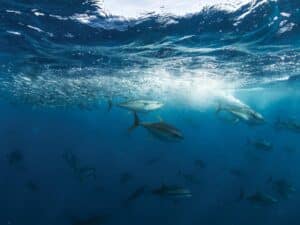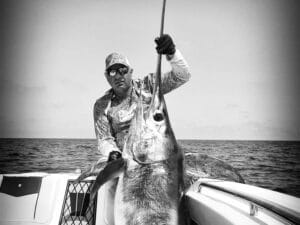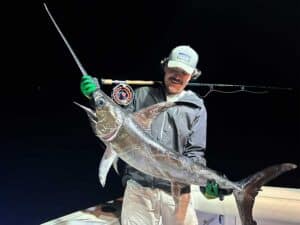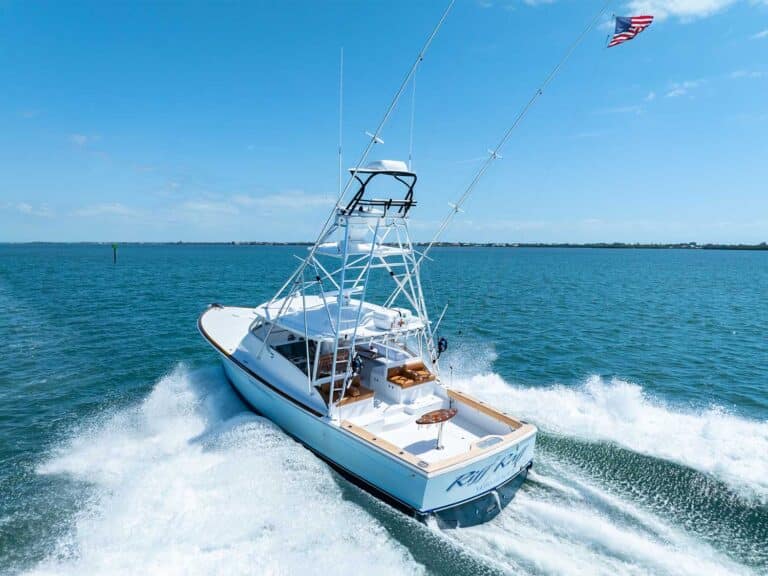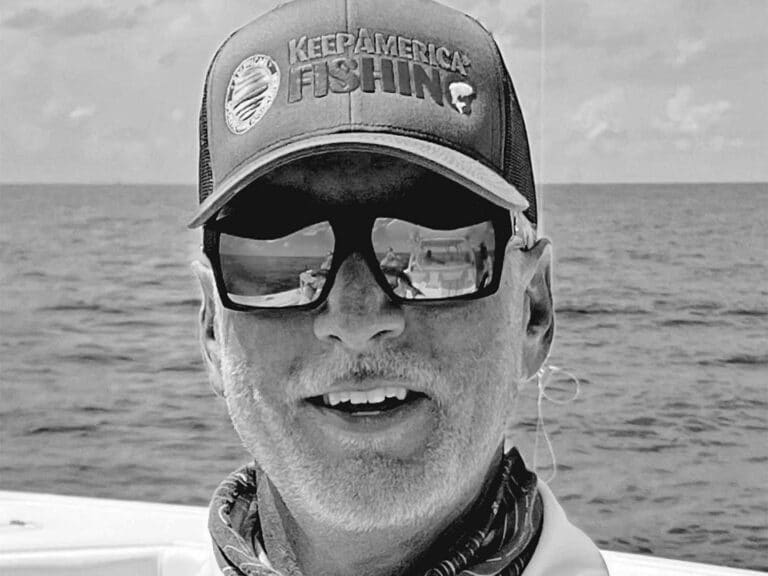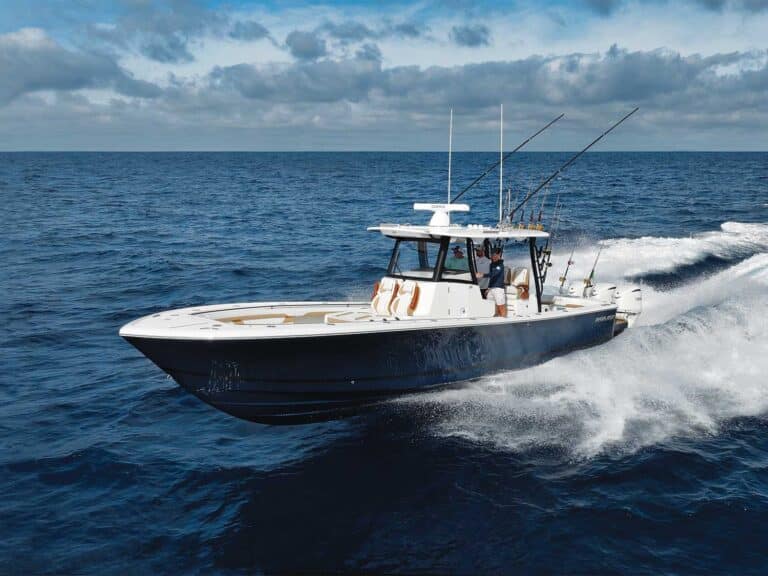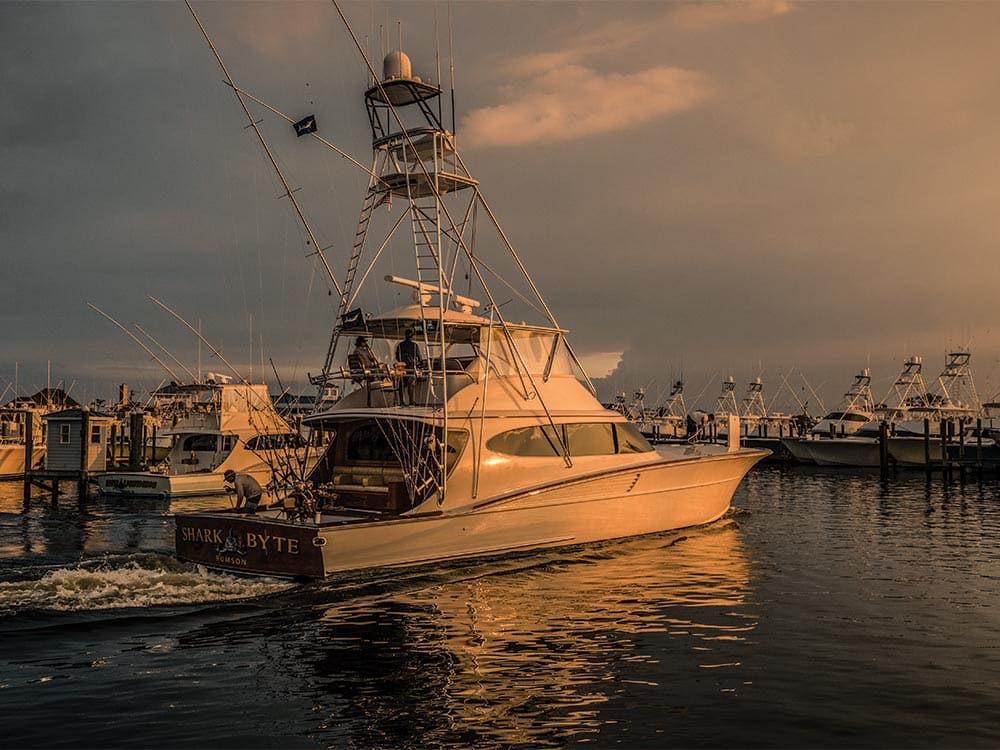
In my October column last year, I asked Marlin readers to participate in a survey to obtain information on anglers’ perceptions about billfish fisheries in the Caribbean. This survey is just one component of a large multiyear study funded by the World Bank and the Food and Agricultural Organization to take a deep dive into how billfish resources are utilized in this part of the world. The Caribbean Billfish Project is a multiyear program with partners that include the World Bank, the FAO and the International Game Fish Association. The goal of the CBP is to develop new fishery policies to reduce billfish mortality and increase billfish stocks. It will conduct a series of pilot projects to develop conservation actions that can be scaled up to the entire Caribbean region to protect billfish stocks, maximize economic value and enhance recreational fishing.
Well, we asked for your opinion, and you gave it. Here are some of the key results that came from the study. First of all, the response rate was fantastic. We received a total of 1,176 responses, which nearly doubled our goal. These results represent the first data of its kind from the Caribbean region.
Let’s first take a look at expenditures. Results are broken down by charter anglers and private boat owners, as well as residents and nonresidents. Total daily expenditures for nonresident private boaters from this survey were $2,767, compared to $1,036 for residents. On the charter-angler side, total nonresident expenditures were $2,971 per day and resident expenditures were $820 per day.
The study also asked what anglers would be willing to pay to catch one more billfish per trip or one trophy-size fish per trip. Overall, anglers reported they were willing to spend an additional $761 per trip to catch an additional billfish and $1,494 to catch a billfish that was considered a trophy.
The survey also examined anglers’ willingness to pay for conservation funds that could finance fisheries interventions aimed at rebuilding and conserving overfished billfish stocks. On average, anglers who had not taken a trip in the past 12 months were willing to pay $280 for a government-administered stamp or an endorsement that would allow them to target billfish for a year. Avid anglers are willing to pay somewhat more for such an endorsement, at $439 per year for a government-administered endorsement.
Much of the end of the survey was dedicated to exploring management issues in the Caribbean. Sixty percent of respondents indicated that governments were not doing enough to manage billfish in the region, and 79 percent agreed that monitoring and enforcement need to be increased. Recreational anglers overwhelmingly supported the concept of circle-hook requirements when using natural bait, as well as their mandatory use in longline fisheries to improve the survival of released fish. In addition, 82 percent of respondents believe the commercial sale and exportation of billfish should be banned. Regarding the age-old topic of anglers harvesting billfish, 75 percent agree or strongly agree that all recreationally caught billfish should be released, but 36 percent believe they should still be able to harvest a trophy-size fish.
These are just some of the interesting results we obtained with your help. In summary, this study highlights several important points: Anglers are not satisfied with how billfish are currently managed in the Caribbean; the value and expenditures for billfish recreational fishing are very high in the region; and there is the potential to raise conservation funds to go toward enhanced management of billfish in the region. The results of this study will be used to develop cash-flow models for recreational fisheries in our pilot studies in the Dominican Republic and Grenada. These will be combined with similar models of the commercial fisheries sectors to examine the benefits, costs and potential funding for policy interventions to increase billfish conservation throughout the Caribbean region.
